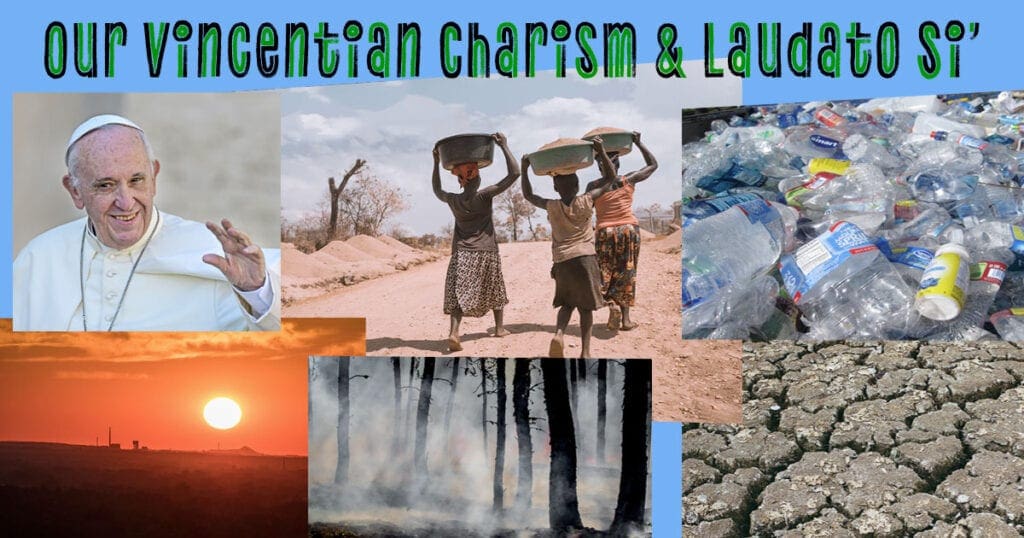Not all black people are poor. Not all poor people are black.
Let’s just get that out of the way from the start.
Some readers may be offended by those statements. Others may not believe that the statements are true.

“White progressives do indeed uphold and perpetrate racism, but our defensiveness and certitude make it virtually impossible to explain to us how we do so.” This quote by Robin DiAngelo, in her popular book, White Fragility, hit me like a ton of bricks. I have been part of the problem. Saying “I am not a racist” made me very comfortable. But that was not the same as being anti-racist.
That view left a lot of unspoken fears in those around me. Many of my friends, with whom I would have deep, sometimes passionate “conversations” about politics or sports, were not able to tell me about the “talk” they had to have with their children about police brutality. These were problems that existed right under my nose. But until I was confronted with those unspoken realities, I had no idea of the depth and breadth of pain experienced by so many. I needed a racial conversion.
Could the same problem apply to environmental concerns?
It must be said that some committed and prayerful Christians, with the excuse of realism and pragmatism, tend to ridicule expressions of concern for the environment. Others are passive; they choose not to change their habits and thus become inconsistent. So what they all need is an “ecological conversion”, whereby the effects of their encounter with Jesus Christ become evident in their relationship with the world around them.” (Laudato Si, No 217)
Dr. DeAngelo calls us to see racism as something more than just white guys in sheets burning crosses. Similarly, Pope Francis challenges us to understand that the environmental crisis goes well beyond polar bears in Manitoba.
In 2017, The Society of St. Vincent de Paul in Mexico, Canada, and the US issued the joint position statement, “Environmental Stewardship and Ecological Conversion.” In that statement, we echoed Laudato Si: that the Cry of the Poor and the Cry of the Earth cannot be uncoupled.
However, are we still the problem? Has all our hard work to end discriminatory laws and practices created a complacency about the systemic roots of racism, and its accompanying environmental concerns, in our communities?
In our recent series on racism, the Voice of the Poor Committee and African American Task Force pointed out some of the root causes of the racial wealth gap in the United States. One consistent fact was the intentional and overt development of policies and practices that would keep black people from fully participating in wealth building activities. Those actions, along with unequal education and voter suppression practices, produced whole sections of our communities whose residents were isolated and disenfranchised. These neighborhoods became targets for building treatment plants, highways, and factories. These are the “margins” right under our noses.
The resulting harmful air, bad drinking water or contaminated soil continues to contribute to asthma and a myriad of other health concerns for these residents. Just like rising seas levels make low lying coastal areas more susceptible to flooding, countless communities of color have been made more vulnerable to any health risk that comes along.
New Jersey just passed a “landmark” environmental justice law allowing building permits to be denied if the business will pollute predominately minority areas. While I welcome the defense on behalf of disenfranchised voices, I regret that we need a law that could be avoided if we would listen to impacted populations and act in solidarity with them.
We should care about what climate change is doing to our atmosphere. We should also care how the poor-particularly poor people of color-are exposed to asthma inducing particulates from the highways they live near. We should care about the ice caps melting and causing displacement from coastal communities. But we should also care about the lead pipes and drinking water in the homes of the poor.
When you examine the environmental fragility of low income people of color and their often limited access to quality health care, housing, and nutrition and add in the strain of poverty and environmental hazard, it is no wonder there that there is such a disparate impact.
Concern for the environment thus needs to be joined to a sincere love for our fellow human beings and an unwavering commitment to resolving the problems of society. (91)
The Vincentian Charism and Laudato Si’ is our effort to share various ways that Vincentians find their charism connects with Laudato Si’. We encourage your comments on these posts and welcome anyone interested in submitting an article to email Jim Paddon at jpssvp@hotmail.ca.







0 Comments